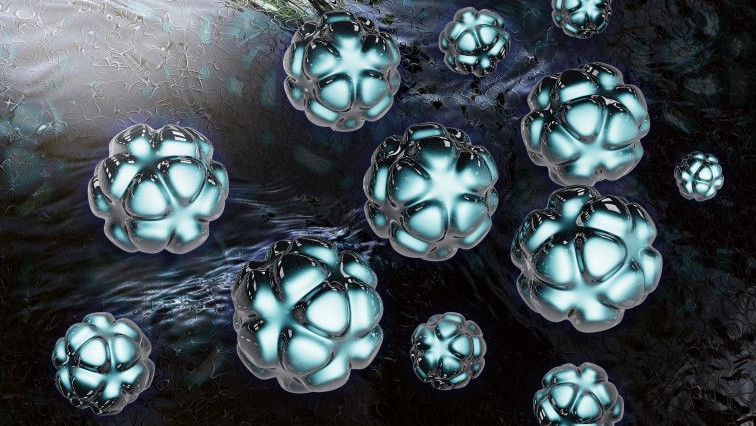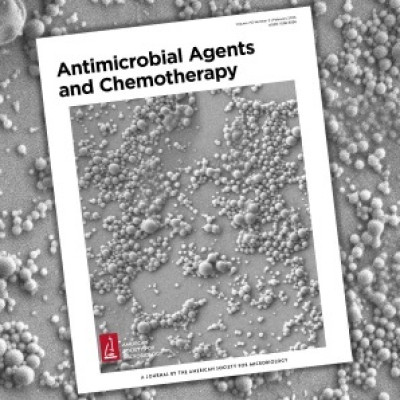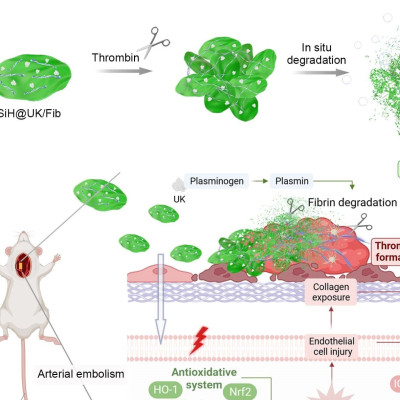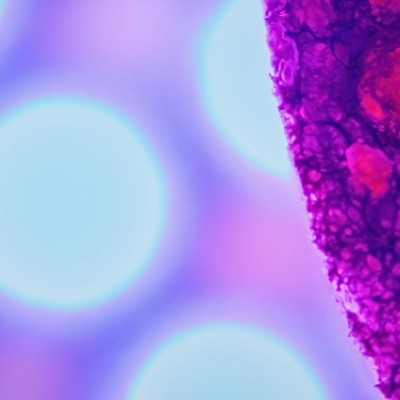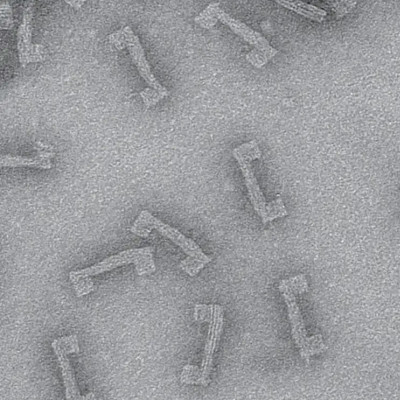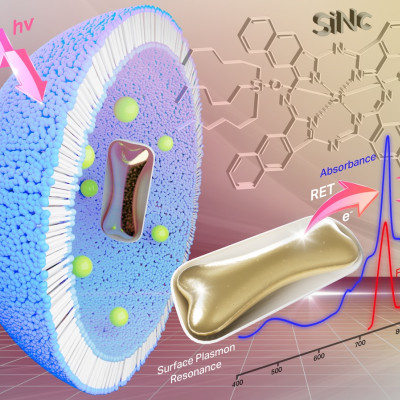In drug delivery, the therapeutic behavior of the nanocarriers is limited by the "foreign" character of their surface. Despite the wide range of sophisticated coatings available, immune cells often identify these synthetic nanoparticles, generating adverse responses or showing strong off-target accumulation. In this sense, the use of biomimetic materials emerges as an alternative to circumvent this recognition and improve the effectiveness of delivery systems. Taking advantage of homotypic properties, biomimetic vectors display a higher affinity for the cell microenvironment and valuable immune escape ability.
This approach led Center for Research in Biological Chemistry and Molecular Materials (CiQUS) researchers to mimic the membrane composition of tumour cells and develop new lipid-based nanocarriers(link is external) that fuse with the host cell membrane to release bioactive molecules. A very accurate combination of cationic (positive charged) and neutral lipids intercalated into the biomimetic shell provides nanocarriers with this fusogenic property and promotes its binding to the plasma membrane: "By combining fusogenic properties and biomimetic features we achieved intracellular localization of several types of payloads, from small molecules to large macromolecules and solid nanoparticles" said Dr. Ester Polo, CiQUS researcher and member of BioNanoTools group. This fusion allows the direct release of drugs and other molecules of interest into the cytosol, enhancing the therapeutic efficacy of the delivery system and the bio-availability of the compounds transported.
BioNanoTools is focused on the development of multifunctional composite materials for applications in biology and medicine. Now, CiQUS researchers have provided the new system with a dual functionality that aims to increase the selectivity and safety of drug delivery over more conventional methods: "Due to their homotypic properties, these cell-derived nanocarriers present a high selectivity. On the other hand, the fusion capacity provided by the specific combination of lipids allows the release of the cargo much more efficiently".
Read the original article on University of Santiago de Compostela (USC).

